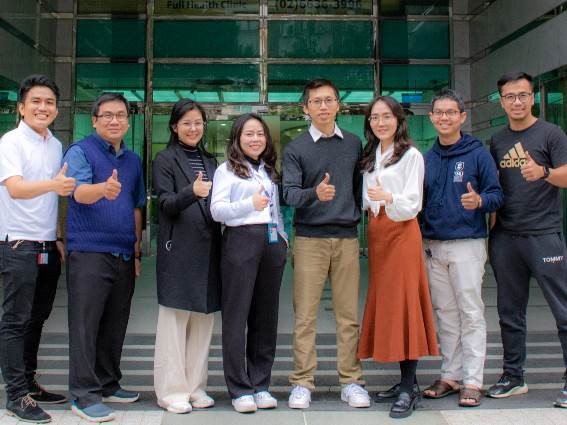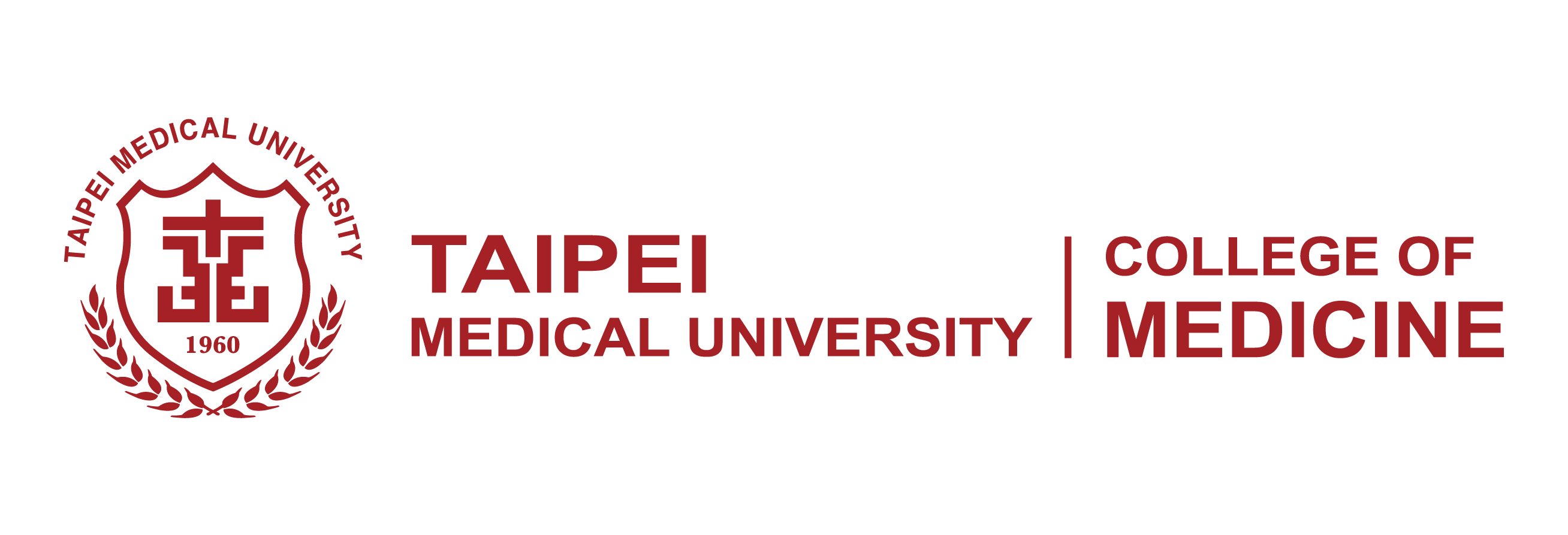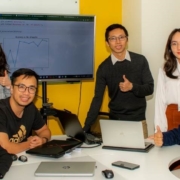[ISSUE CoM]Le Nguyen Quoc Khanh-Professional Master Program in Artificial Intelligence in Medicine
I am Le Nguyen Quoc Khanh, also known as Khanh Lee. I am an assistant professor with the Professional Master Program in Artificial Intelligence in Medicine, College of Medicine, Taipei Medical University (TMU). Prior to joining TMU, I completed a postdoctoral research program at Nanyang Technological University in Singapore. I earned my master’s and Ph.D. degrees from the Department of Computer Science and Engineering, Yuan Ze University, Taiwan. As a computer scientist and data scientist specializing in medical applications, my primary goal is to contribute to the field of artificial intelligence (AI) and its applications in medicine. My research interests are focused on AI applied to radiomics, bioinformatics, and biomedical informatics, with the goal of advancing medical imaging and genomics, using AI to predict and diagnose diseases, and improve patient outcomes.
To achieve these goals, I founded the AIBioMed team, a diverse group of experts from various fields, including AI, medicine, and technology. Our team is passionate about using an interdisciplinary approach to tackle complex problems from different perspectives. With my leadership and the AIBioMed team’s expertise, we have already made significant contributions to the field, publishing numerous papers in top-tier journals and presenting a variety of research at international conferences. Additionally, we have been awarded several research grants from the National Science and Technology Council (NSTC) and the Ministry of Education (MOE) in Taiwan. Recently, we are at the forefront of developing innovative solutions that have the potential to revolutionize healthcare. Our commitment to advancing the use of AI in medicine underscores our dedication to improving patient outcomes and advancing medical knowledge. Further information about our work can be found at http://aibiomed.tmu.edu.tw/.
Our research is centered around two primary applications: radiomics and genomics. Radiomics is an exciting and rapidly evolving field of medical research that involves extracting and analyzing large amounts of quantitative data from medical images, such as CT scans, MRIs, and PET scans. The goal of radiomics research is to use this data to improve the diagnosis, prognosis, and treatment of diseases, such as cancer, by identifying patterns and features that are not visible to the naked eye.
We are focused on developing new algorithms and models for image analysis that can identify relevant features in medical images that are associated with specific diseases or outcomes. Additionally, we aim to integrate radiomics data with other types of data, such as genomics, clinical, and demographic data, to improve disease progression and treatment outcomes. As a result, radiomics has the potential to revolutionize the field of medicine by improving the accuracy and effectiveness of disease diagnosis and treatment.
 In genomics and bioinformatics, we use AI techniques, such as machine learning, deep learning, and natural language processing (NLP), to help researchers extract meaningful insights from vast amounts of genomic and biological data. In genomics, AI is used to analyze and interpret large datasets of genetic information, identifying patterns and correlations in genomic data that are associated with specific diseases, such as cancer. In bioinformatics, AI techniques can be used to analyze and interpret large datasets of biological information, such as protein structures, gene expression levels, and metabolic pathways. We are focused on integrating and analyzing these different types of data to provide a more comprehensive understanding of biological systems and disease mechanisms.
In genomics and bioinformatics, we use AI techniques, such as machine learning, deep learning, and natural language processing (NLP), to help researchers extract meaningful insights from vast amounts of genomic and biological data. In genomics, AI is used to analyze and interpret large datasets of genetic information, identifying patterns and correlations in genomic data that are associated with specific diseases, such as cancer. In bioinformatics, AI techniques can be used to analyze and interpret large datasets of biological information, such as protein structures, gene expression levels, and metabolic pathways. We are focused on integrating and analyzing these different types of data to provide a more comprehensive understanding of biological systems and disease mechanisms.
Moving forward, the AIBioMed team will continue to drive our research in AI-based radiomics and genomics models to high-level tasks. Radiomics and genomics will play an increasingly important role in precision medicine, where treatments are tailored to individual patients based on their unique characteristics. As more data becomes available, and AI techniques continue to evolve, radiomics and genomics will provide increasingly powerful tools to support precision medicine and improve patient outcomes. The future of AI in genomics and bioinformatics is still exciting, and there is enormous potential for AI to transform the way we understand and treat diseases. To the end, we expect to see more accurate predictions, more personalized treatments, and better outcomes for patients.









 Total Users : 362676
Total Users : 362676